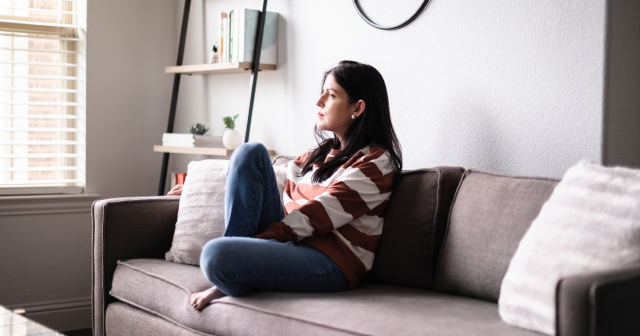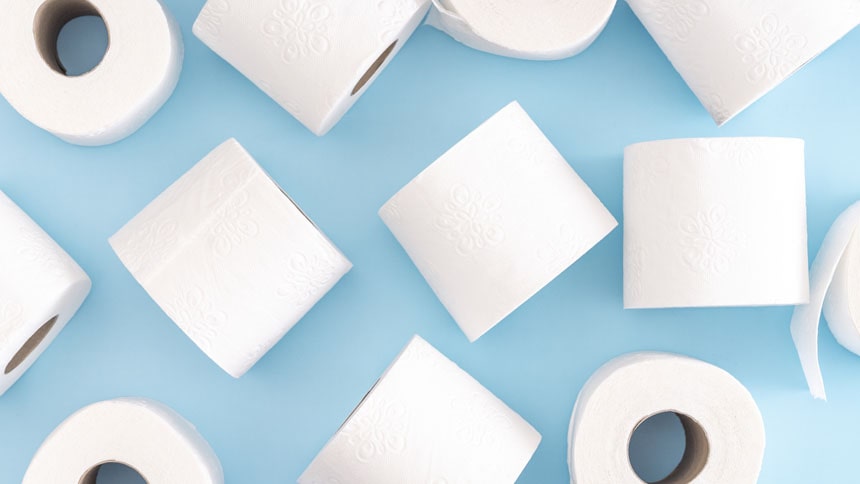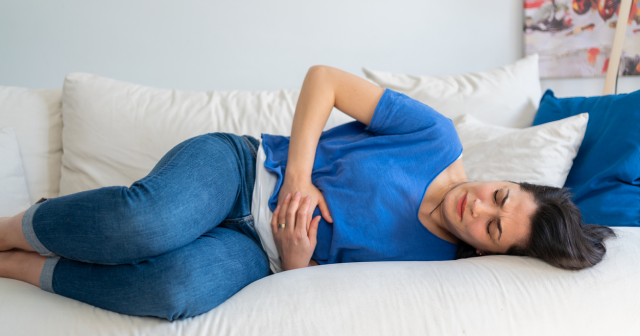Sex after menopause: how does it change?
Going through the menopause (when your periods stop altogether and you can’t fall pregnant naturally) can affect your sex life. The physical and emotional changes you may experience at this time of your life – and after the menopause – can make having sex less pleasurable, or even painful, making it more difficult to reach orgasm or reduce your sex drive. But that isn’t the case for everyone – and there are ways to get your sexual pleasure back on track through the menopause and beyond.
How your sex drive may be affected during and after the menopause
Getting aroused during sex and having an orgasm relies on a complex range of physical and emotional factors – which may be affected when you approach the menopause (perimenopause) and postmenopause.
As you go through the menopause, your ovaries stop producing as much of the sex (reproductive) hormones oestrogen and progesterone and stop releasing eggs (ovulating). The amount of the hormone testosterone your body produces lowers naturally. This reduction in hormones can reduce your sex drive, too.
Why your menopause symptoms can make great sex more difficult
For some, this drop in hormone levels may also cause other upsetting symptoms alongside a lack of libido, that can have an impact on their sex lives, including:
- problems reaching orgasm
- vaginal dryness – which can make sex uncomfortable, or even painful
These changes can make sex less appealing or pleasurable, and some people may choose to avoid sex and intimacy altogether.
You may also find that other menopause symptoms, which can continue postmenopause, may make you feel less like having sex, including:
- hot flushes and night sweats
- headaches or dizziness
- hair loss
- joint pain
- itchy skin, including the skin of your vulva (the outer parts of your vagina, including its opening, the inner and outer lips and your clitoris)
- low mood, anxiety, stress or depression
- acne
Some of these symptoms may cause issues with your body image, while some may result in trouble sleeping (insomnia), meaning you may have less energy for sex.
How medicines and health conditions affect sex at the time of menopause
Poor health can also get in the way of enjoying sex and, at this time of your life, you’re more likely to develop certain health conditions. This includes heart disease, which lowers the blood flow to your genitals, making lubrication and arousal more difficult. Diabetes, high blood pressure(hypertension) and incontinence can all have an impact on your sex life too.
Certain medications can also reduce your libido or ability to reach orgasm, including some drugs used to treat depression (especially selective serotonin reuptake inhibitors, or SSRIs) or high blood pressure.
Read more about the medical causes of a low libido and 8 unusual menopause symptoms to look out for.
Great sex after menopause is possible: top tips
Looking after your health and wellbeing - with good sleep, a healthy menopause diet, time to unwind and ease stress, and regular exercise are all great ways to help you have more energy and body confidence.
Boost your sex drive
Lots of people find hormone replacement therapy (HRT) helpful in relieving a range of menopause symptoms, including vaginal dryness and a low libido.
If HRT doesn’t help boost your sex drive, testosterone supplementation may help. In the UK, testosterone supplementation isn’t currently licensed for use for people with a vagina, but a specialist can give you a testosterone gel to apply to your skin if they think it may help.
Ease vaginal dryness
Vaginal moisturisers and lubricants can help with vaginal dryness, so speak to a pharmacist or doctor about the best ones to use.
It’s also good to know that regular masturbation, vaginal stimulation and sex can all help keep your vaginal tissues healthy and more moist.
A doctor may also give you vaginal oestrogen to help with vaginal dryness. It comes in different forms, including as:
- a cream
- a vaginal ring (a small soft, plastic ring that’s inserted into your vagina and releases oestrogen)
- a pessary (a pill containing oestrogen that’s inserted into your vagina)
You’ll probably be started on a low dose, with a higher dose prescribed if needed.
Find ways to feel turned on
To help with your arousal and to orgasm, you may find it useful to use a vibrator, either with a partner or solo.
If you’re worried about any medical conditions or medications that may be affecting your sex drive or your ability to orgasm, speak to a doctor about them.
If sex with a partner is becoming difficult, make sure you discuss these problems openly and honestly with them. If sex is painful, for example, you could try find another position or technique that works for the both of you. Also, sex doesn’t necessarily mean penetration, so experiment with oral sex, genital stimulation or mutual masturbation, as these can give you as much pleasure.
Read more about how to increase your sex drive and how to support your partner during menopause.

Your health questions answered
When is it safe to have unprotected sex after menopause?
“Menopause is usually diagnosed when you haven’t had a period for more than 12 consecutive months – or for 2 years if you’re under 50. But there’s no test to confirm that you’re definitely menopausal, and some hormonal contraceptives, like the pill, can mask menopause symptoms, making it difficult to tell if you’re still able to fall pregnant or not. Once you’re 55, you can stop using contraceptives, as it’s rare to get pregnant naturally after this. But, although you may not be able to get pregnant, you can still get a sexually transmitted infection (STI), including chlamydia, gonorrhoea and human papillomavirus (HPV), which can cause genital warts and cervical cancer. If you’re sexually active and not in a long-term monogamous relationship, use condoms to protect yourself and your partner(s).”
Key takeaways
- going through the menopause affects many people’s sex life, including not feeling like having sex, not getting aroused during sex and having trouble reaching orgasm
- menopause symptoms like vaginal dryness, hot flushes, night sweats and anxiety may reduce your sex drive too
- there are lots of treatment options to help improve your menopause symptoms and sex life, including HRT, vaginal oestrogens, vaginal moisturisers and lubricants
- if you’re finding sex difficult, communication with your partner(s) is also key
- getting STIs is still possible during and after menopause, so wear protection if you’re not in a long-term monogamous relationship






